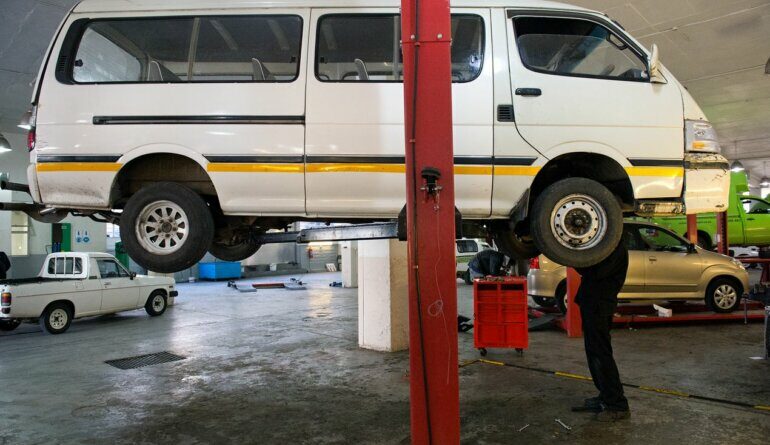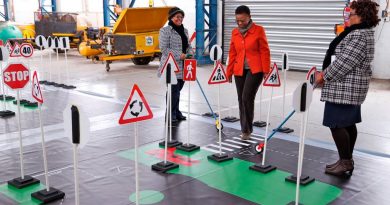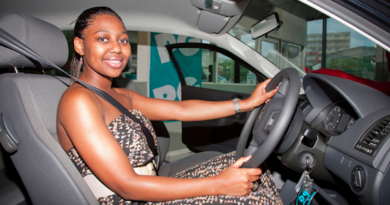SAMBRA calls for urgent alignment to safeguard South Africa’s automotive repair ecosystem
The South African Motor Body Repairers’ Association (SAMBRA), a proud association of the Retail Motor Industry Organisation (RMI), is calling for urgent alignment between key players in the automotive value chain to address mounting structural pressures threatening the sustainability of the country’s post-collision repair sector.
At the heart of the industry lies a critical “sustainability triangle” comprising Original Equipment Manufacturers (OEMs), represented by NAAMSA who are responsible for providing the correct vehicle specifications; Motor Body Repairers (MBRs), represented by SAMBRA who are responsible for the actual repair according to those specifications and then lastly, Insurers, represented by the South African Insurance Association (SAIA), responsible for funding the repair. This triangular relationship underpins safe, compliant and economically viable vehicle repair.
“If one corner of this triangle weakens, the entire structure is at risk of collapse,” says Juan Hanekom, national director of SAMBRA. “OEMs, insurers and repairers are not competitors, but collaborative participants in a shared value chain. Only by working together can we ensure the long-term sustainability of the industry.”
The association warns that increasing technical complexity, shrinking repair capacity, and severe cost pressures are creating a shared risk profile with insurers facing rising costs, turnaround delays and service risks; OEMs risking reputational damage when repairs fall short of standards and MBRs operating on increasingly unsustainable margins, with many approaching breaking point.
In response, SAMBRA is urging the formation of an Industry Sustainability Forum initially comprising SAMBRA, SAIA and NAAMSA. Hanekom says the forum would provide a neutral, collaborative platform to jointly assess systemic risks and economic pressures; develop ethical, future-fit solutions aligned to global best practice and safeguard repair standards, service quality and consumer safety.
“This is not about dictating commercial terms,” Hanekom stresses. “It’s about recognising our shared interdependence and committing to transparent, non-competitive collaboration in the interests of industry stability, economic growth, and most importantly, consumer safety.”




